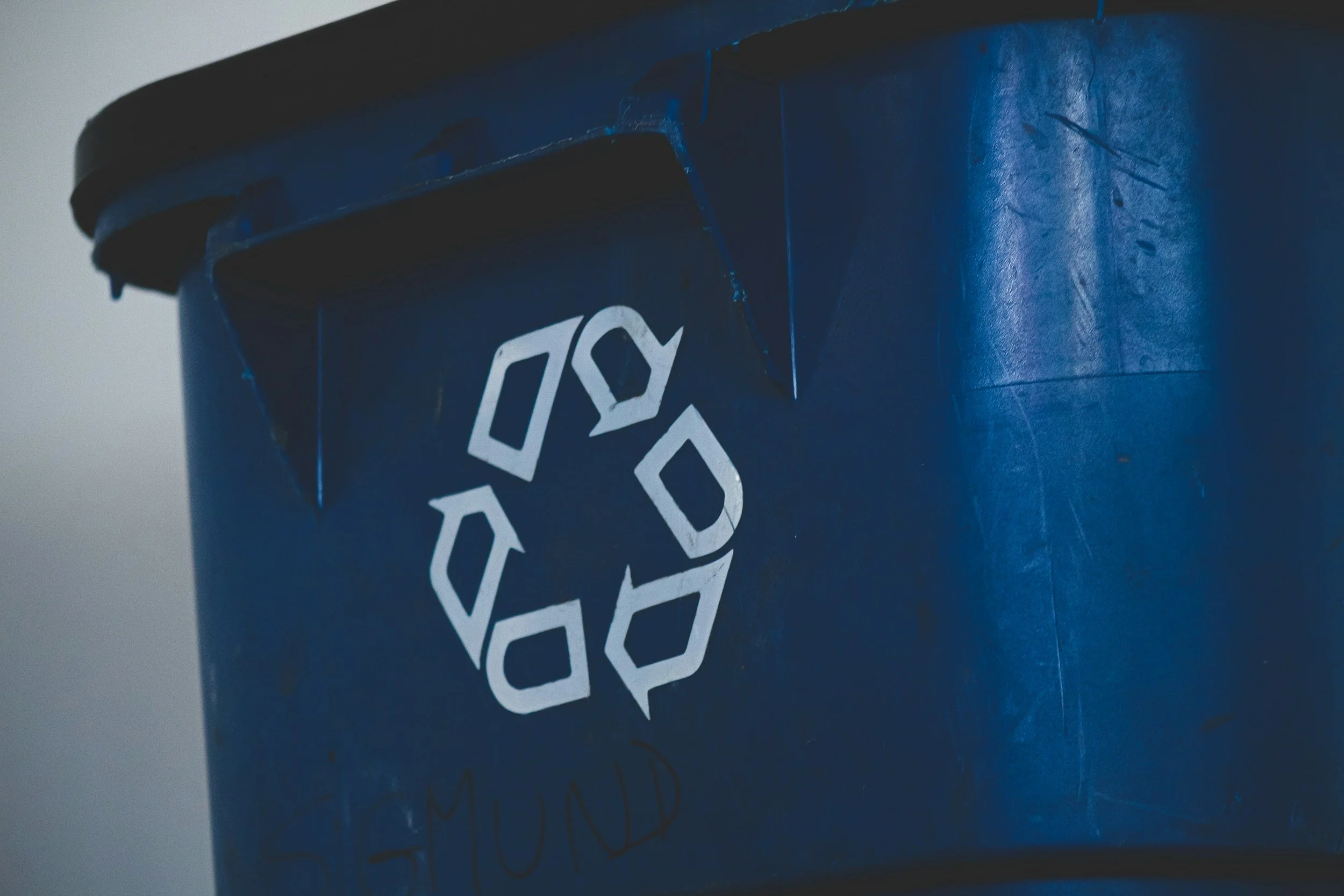Scientific and technological advancements have created effective alternatives to testing cosmetics on animals. In an effort to reduce unnecessary animal suffering, several countries have banned the sale of cosmetics that utilize animal testing in order to place pressures on other countries to end cosmetic testing on animals. 2L staffer Autumn Clark believes the United States has the opportunity to join these countries and bar the sale of cosmetics in one of the world's largest global economies by enacting the Humane Cosmetic Act.
Stop Sweeping Homeless Encampments
Homeless encampments are appearing in record numbers causing larger cities to “sweep" these encampments and move the residents off the streets. In this blog, 2L staffer Erik Farleigh discusses the negative environmental impacts of “sweeping” and offers solutions to mitigate the environmental impacts caused by closing encampments and forcing homeless individuals to move.
The Rising and Setting of the Sun: Why Recycling Legislation is Necessary for Solar Energy to be Truly Sustainable
Displacement of Farmlands and Forests: The Downside to Ground-Based Solar Infrastructures
Ground-based solar infrastructures are a viable source of renewable energy, however, this comes at a cost. Farmland and forests are being displaced at the expense of these solar farms. 2L staffer Caroline Butler discusses some potential solutions to reap the benefits of solar energy while using farms and forests efficiently.
A Win for New Mexico Recreation Users, but at What Cost to Private Landowners?
Blog By: Deiona Camargo
Two months ago, the Supreme Court of New Mexico issued a unanimous opinion settling a debate over the public's right to stream access. In this blog, 2L Staffer Deiona Camargo discusses both sides of the debate and argues that the impact of this decision does not support a true balance between public and private land rights.
Left with Major Questions: Administrative Law Lessons from West Virginia v. EPA
This past summer, the Supreme Court handed down its decision in West Virginia v. EPA, a case concerning the EPA's authority to decarbonize the nation's electricity-generating industry through "generation shifting." In this blog, 3L staffer Evan Callahan discusses how this decision impacts administrative law and the EPA's carbon emissions policies going forward.
Why a Tax Credit Is Necessary if Kentucky Aspires to Become a Leader in the Electric Vehicle Sector
Kentucky is behind other states in electric vehicle sales and production. In this blog, 2L staffer Jimmy Brown addresses why Kentucky should offer a state tax credit for residents who purchase an electric vehicle or provide electric vehicle supply equipment to decrease the state's greenhouse gas emissions.
Say Nay to Drugs
Let's Get "Chemical": The EPA's Expansion of Hazardous Substances to Mitigate Forever Chemical Contamination
As the use and disposal of PFAS chemicals becomes more prevalent, so does long lasting ecosystem contamination. In this blog, 2L staffer Lindsay Bates argues that the Environmental Protection Agency's proposed designation of PFAS as hazardous substances may be part of the solution to protect human and environmental welfare.














